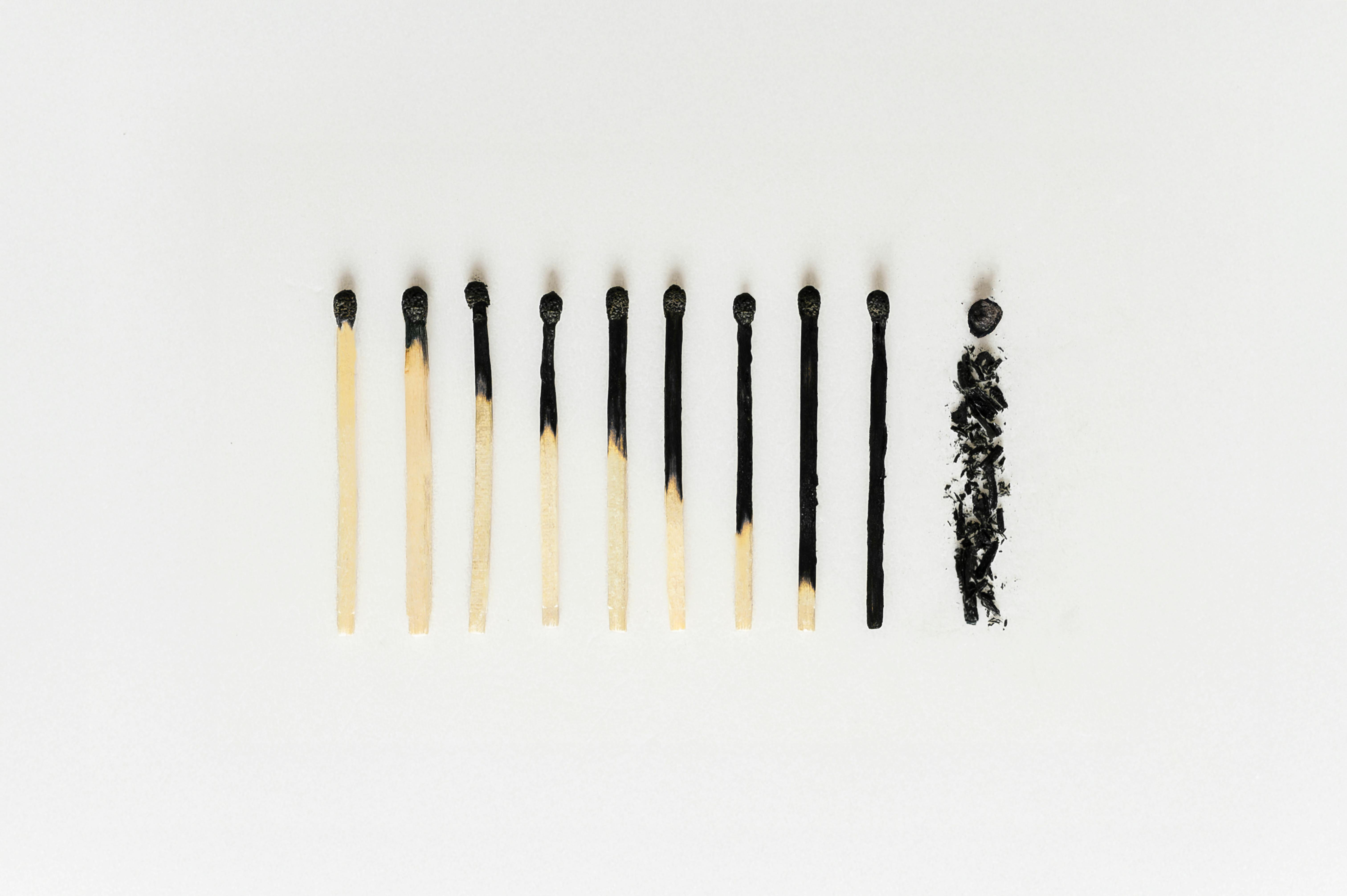You know the feeling. You’ve spent all day doing what’s expected of you- remaining composed during that meeting, staying upbeat with the team, suppressing irritation when it bubbles up. You say “it’s fine” even when it’s not, smile when you’re tired, and finish the day running on the fumes of your own restraint.
Then you get home, and the smallest thing sets you off. Or maybe you just go quiet. You find yourself zoning out. You wonder if you’re starting to lose your grip a little.
There’s a term for this. Psychologists call it ego depletion- the gradual wearing down of our capacity to regulate ourselves. It’s not just about being tired. It’s the accumulation of hundredsof small acts of emotional self-control that eventually start to feel like too much.
A recent study by Tripathi and Miraglia (2025) in the Journal of Business Ethics shines a harsh light on what this looks like in the workplace. Their research looked at presenteeism- when people show up to work even when they don’t feel well enough to function—and how it leads, over time, to increases in gossip, passive-aggressive behaviour, and even schadenfreude. The kind of behaviour that we usually associate with disengaged or difficult people. But here’s the twist: it isn’t malice that drives this. It’s emotional exhaustion. The slow erosion of our ability to self-regulate, until we’re no longer filtering what we say or how we act.
This isn’t just about performance—it’s about being human in environments that ask for more than we can sustainably give.
What the study reveals, quite strikingly, is that even when we “power through” the bad days, there’s a cost. We may look present, but under the surface, something is leaking. And often, that leak shows up in places we least want it to: in our tone with colleagues, in the stories we tell about others, in the way we disengage from ourselves.
Another piece of recent research takes this one step further. N. Olbie’s (2025) grounded theory study, Strategising Authenticity at Work, explores what happens when we’re not just exhausted, but also disconnected from our own sense of realness. The people she studied weren’t phoning it in- they were trying hard to be authentic in roles that didn’t always support it. What she found was that when authenticity becomes a performance in itself, it consumes even more self-regulation. The more we try to seem like ourselves—confident, present, emotionally intelligent- the more we risk becoming alienated from whowe actually are.
This is where things often begin to fracture. In trying to be “real,” people reported feeling fake. In trying to meet expectations, they began to lose clarity on their own desires. And when the exhaustion became too much to manage, they started venting—not in public, but to those they were closest to. Partners, family, friends. The people they trusted enough to unravel in front of.
It's in this delicate space—between fatigue and facade- that ego depletion quietly thrives.
But there’s more. A third study, older but still timely, turns the whole idea of ego depletion on its head. In Inzlicht, Schmeichel, and Macrae’s (2014) critique of the traditional “resource” model, they suggest that self-control might not actually run out like fuel. Instead, they argue, the real shift is in motivation and attention. When we’re depleted, it’s not that we have no energy left- it’s that our minds decide we’ve given enough, and choose to focus elsewhere. On things that feel good. Or at least, things that feel easier.
In other words, ego depletion might not be a matter of capacity at all. It might be a quiet form of resistance.
That theory feels uncomfortably true when you think about those moments when your patience suddenly disappears. Or when you start asking, “Why am I even doing this?” It’s not a breakdown. It’s a signal. And often, it’s asking for something deeper than a nap or a vacation.
It's asking for realignment.
All three of these studies—Tripathi and Miraglia’s work on presenteeism, Olbie’s exploration of authenticity, and Inzlicht’s reframing of ego depletion- point in the same direction, though they come at it from different angles. They suggest that what we often treat as a personal failure of discipline may actually be a systemic and emotional overload, a reflection of being stretched too thin for too long, often in silence.
So what can we do?
There isn’t a tidy answer here. And maybe that’s the point.
What emerges, though, is the value of having somewhere- someone- who can hold space for the tension. Not fix it.Not give advice. But listen in the way that invites self-recognition. A place to say what you really feel without having to be clever or presentable. To stop performing your competence for just a moment and ask yourself what’s actually true.
That’s not therapy. It’s not advice-giving. It’s something quieter. A conversation that helps you see the patterns before they harden into habits. A mirror that reflects not just how tired you are, but how far you’ve drifted from what matters.
We don’t always need solutions. Sometimes we just need to hear our own voice again, outside the noise.
So if you've been showing up while quietly unraveling, if you’ve noticed yourself retreating or snapping or zoning out, you’re not alone. It doesn’t mean you’re broken. It might mean you’ve been trying to be everything to everyone for too long.
And maybe what you need isn’t more effort—but less pretending.
Not another push—but a pause.
Not a fix—but a space.
That’s where restoration begins.
Original articles:
Inzlicht, M., Schmeichel, B. J., & Macrae, C. N. (2014). WhySelf-Control Seems (But May Not Be) Limited. Trends in Cognitive Sciences,18(3), 127–133.
Olbie, N. (2025). Strategizing Authenticity: A Grounded Theory Approach inDemonstrating Authenticity at Work. ProQuest Dissertation.
Tripathi, N., & Miraglia, M. (2025). The Unethical Consequences ofDaily Presenteeism: Schadenfreude and Negative Gossip Toward Peers. Journalof Business Ethics.








